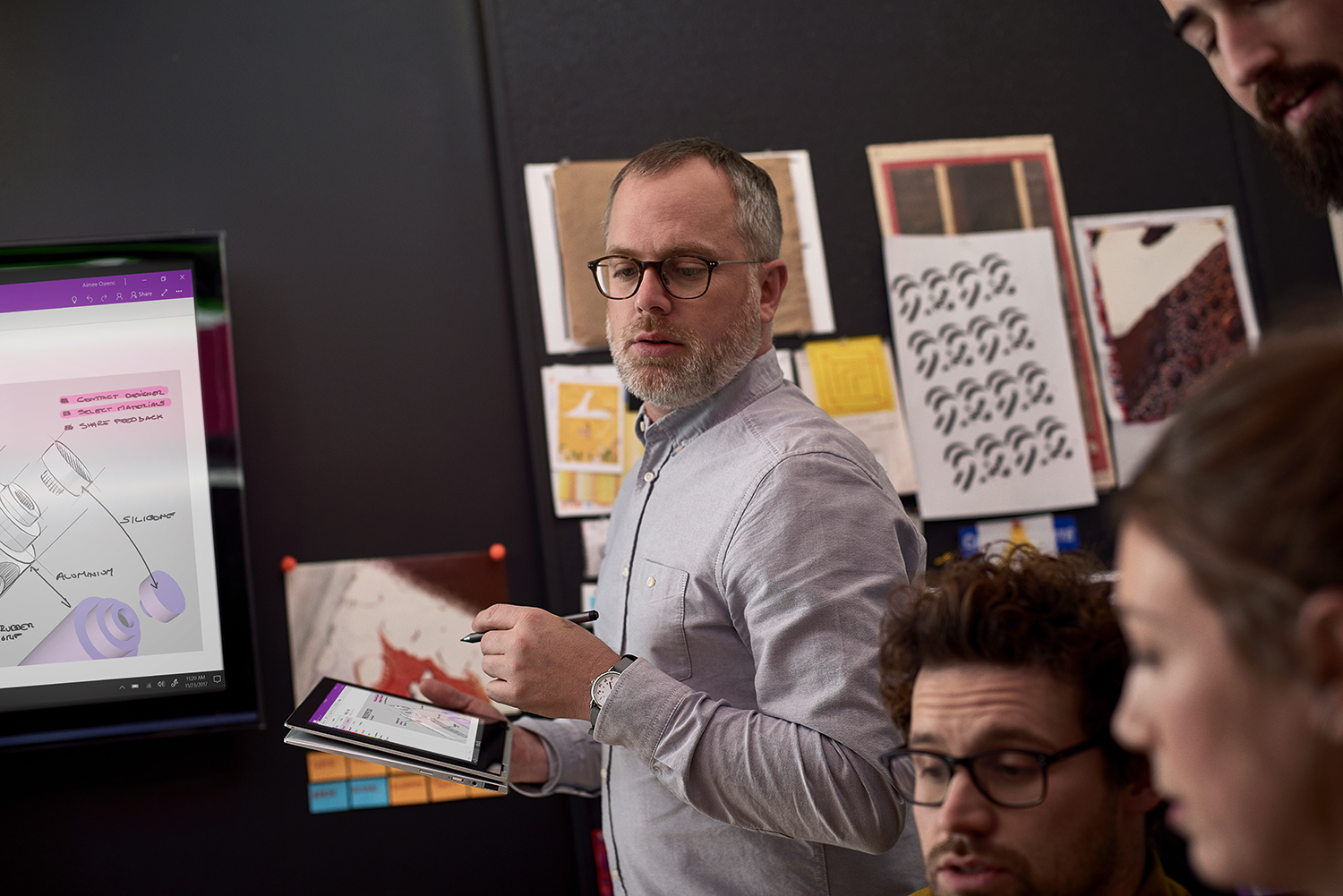The digital transformation of companies and the use of new technologies in business inevitably have an impact on the labor market. The IDC study in Central and Eastern Europe shows that only 3.5% of employees in the region are fully compliant with companies’ digital skills requirements. In the near future, companies will look for “generalists” who can use a wide array of digital tools while learning new things at a rapid pace.
“This is quite an important signal for companies and their directors. The competition for the necessary professionals in the market will only intensify, so it is worth focusing on another possible solution – the requalification and training of existing employees. The creation of a purposeful culture of development and learning within the company is necessary for the process as well as a gradual introduction of new technologies and tools while getting employees as involved in the process as possible,” says Agnese Reinika, “Microsoft” Corporate Accounts Lead for CEE Multi-Country region.
According to the study mentioned, 76.4% of the surveyed companies in the region are currently taking their first steps towards digital transformation (e.g., increasing use of cloud computing, automation of processes, etc.); 13.1% are already doing this proactively. Even though the companies are taking these first steps, most of their employees are underqualified and will not have all the skills needed in the near future. Only 3.5% of their workforce is fully compliant with the companies’ digital skills requirements. Slightly more than half of them have average skills, 12% meet the requirements partially, and 1% – have zero skills needed.
Today, as a matter of priority, companies in the region need skills in process automation, mobility, big data analytics, IT architecture, and computer networking. This list will most likely change over the next couple of years. Big data analytics will come first, then collaboration solutions, process automation, mobile, and security skills.

New technologies need to be taught through gamification
When thinking about introducing new technologies to employees, it is important to understand that simply telling the team about the benefits of the solutions is not enough. As Tomas Šiškauskas, major retail chain “Rimi” IT Infrastructure Manager for the Baltic States, points out, this kind of introduction promotes a strong possibility that the new solutions will remain unused.
“Last year, we introduced new work tools to two thousand “Rimi” employees across all three Baltic countries. We migrated to “Office 365” to help employees streamline and change their work habits. For example, we wanted to help them send fewer emails and communicate with each other more often with the help of “Teams”. If all the changes and news had been delivered by the IT team in a few training sessions, the real change would hardly have happened. Instead, we joined forces with the HR and communications teams and launched a consistent project called “Easy365”,” says T. Šiškauskas.
According to him, all employees affected were specifically aware of the stages of migration, when the solutions would change, and what they would need to do at each step: “We selected internal project ambassadors for each section of the company who were interested in using the new solutions themselves. They promoted the new solutions within their teams, telling colleagues how the working day would become easier for them. In addition, we have been actively using the principles of “gamification” and created different tasks for each stage. For example, one challenge required to attend a “Teams” training, to download the app to your phone, to go to the cinema with the team, and upload a photo from there to a special channel on the app – the fastest teams were each awarded special prizes. ”
T. Šiškauskas notes that each new tool had both – electronic and “live” training – and at the end of each migration phase, specific indicators were followed, e.g., how many people participated in the training, how many of them already downloaded the app.
“All this allowed us to change the habits of our employees. We already see employees send and receive at least 25 percent fewer emails, and all brief questions, consultations, and document exchanges moved to “Teams”. We also find that internal teams have reaped the benefits of digitalization and are proactively approaching us with various requests to help automate or digitize parts of their internal processes. At the same time, we also lowered the cost of maintaining our technical infrastructure by migrating to “Office 365”, since we could give up some of our internal servers, conference call platforms and other solutions that the new platform already had,” says the Rimi spokesman.




